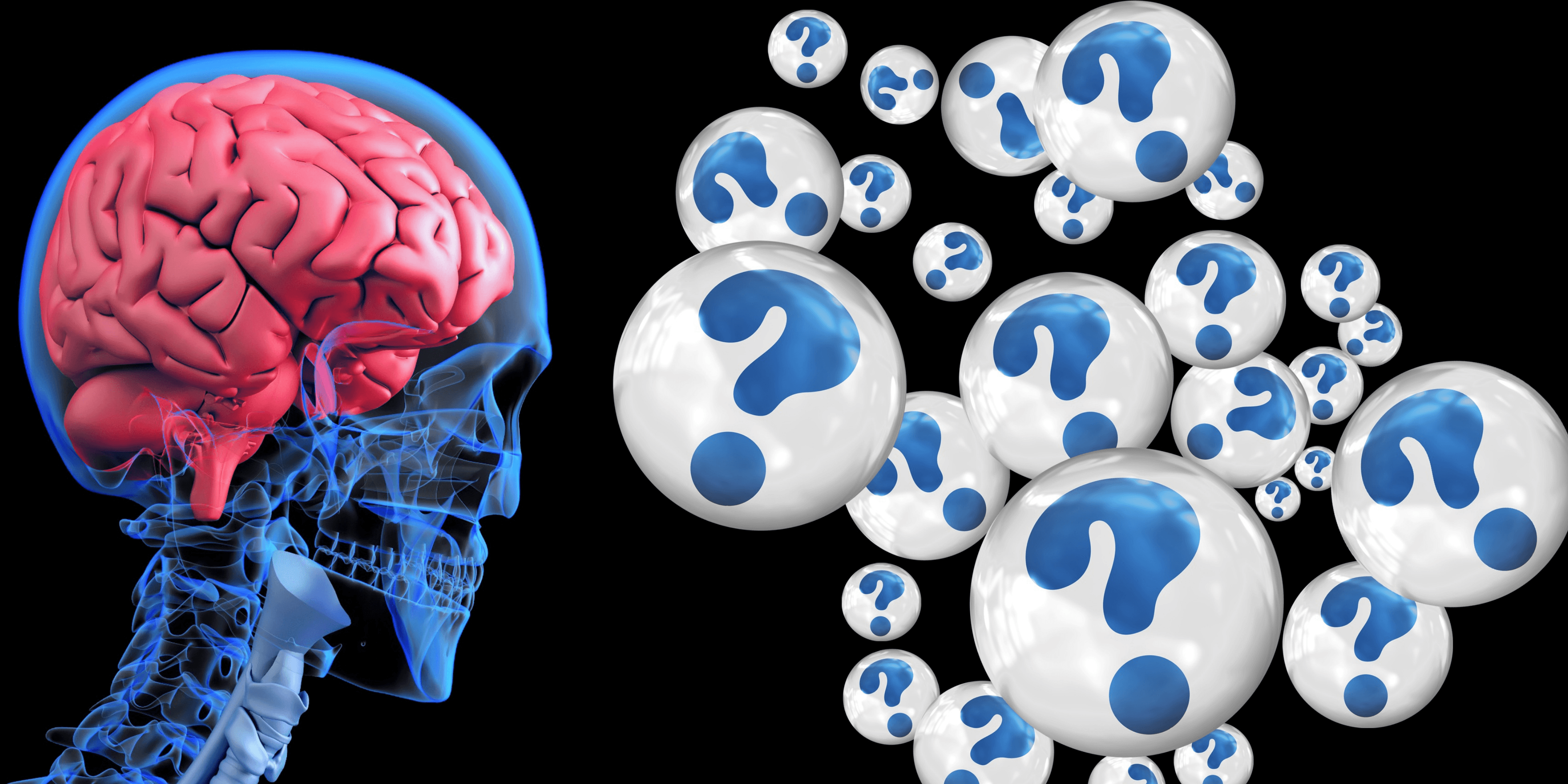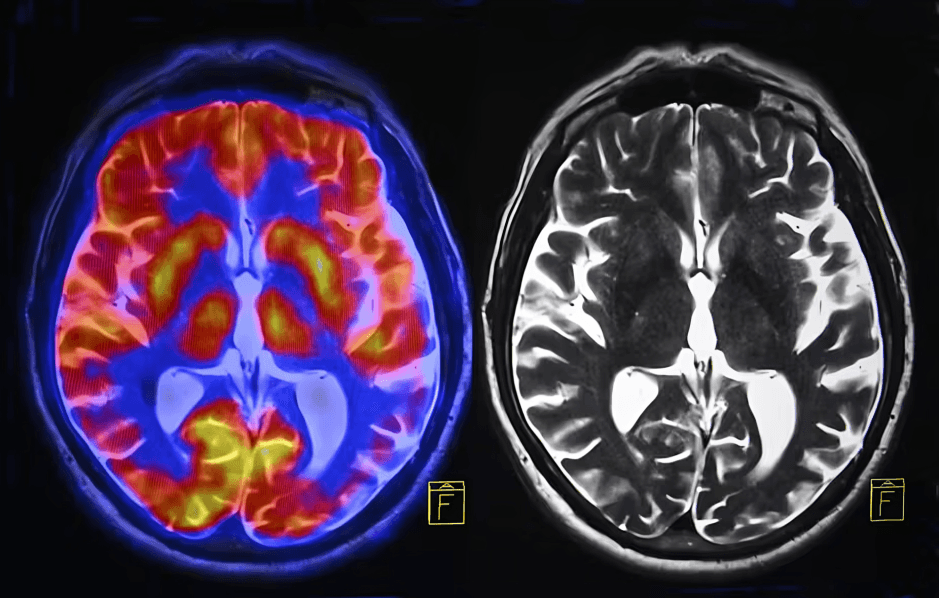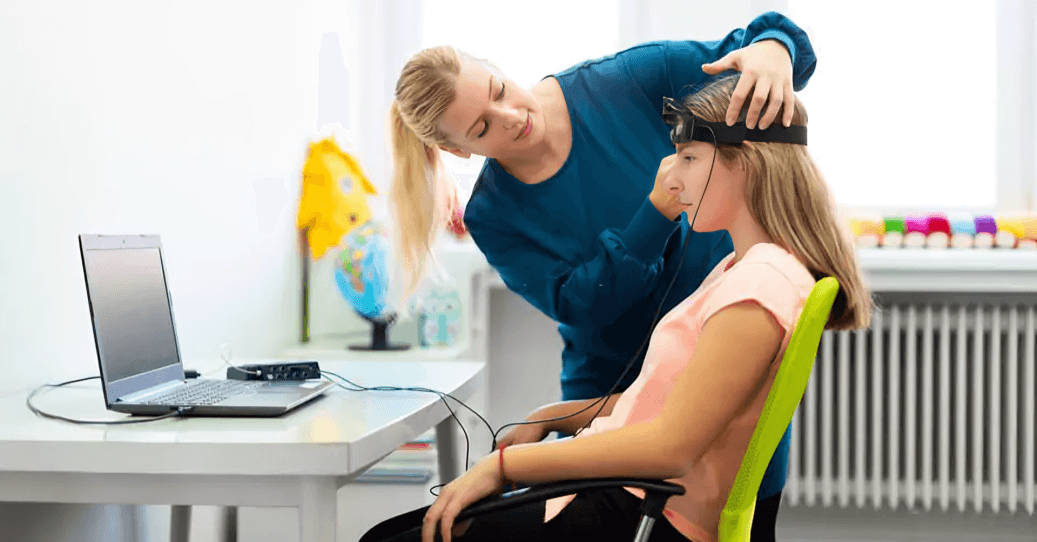
“
The brain and mental health connection is a vital topic that explores how our brain's structure, function, and chemistry directly influence mental wellbeing. Understanding this link helps improve treatments, prevent disorders, and support cognitive and emotional resilience throughout life.1
1
”
René Descartes proposed mind-body dualism, linking brain activity to mental states and shaping how we understand the connection between physical brain processes and mental experiences. 1
Mental health disorders often stem from imbalances in brain chemicals like serotonin, dopamine, and norepinephrine, which influence mood, motivation, and how we respond to stress. 2

Chronic stress changes brain structure by shrinking the hippocampus, which affects memory and emotional regulation, showing how prolonged mental health issues physically alter brain areas.
Neuroplasticity enables the brain to adapt and rewire itself in response to experiences and therapy, proving mental health recovery is possible through positive behavioral and cognitive changes. 3
Anxiety disorders correlate with heightened activity in the amygdala, the brain's fear center, causing excessive threat perception and emotional responses that affect mental well-being. 4
Sleep significantly impacts the brain and mental health connection; poor sleep disrupts memory consolidation and emotional processing, increasing vulnerability to mood disorders. 5
Exercise boosts brain health by increasing blood flow and releasing endorphins, which improve mood and cognitive function, illustrating the brain and mental health connection through lifestyle. 6
Mindfulness meditation enhances brain connectivity and reduces activity in stress-related areas, supporting improved mental health through intentional mental practices. 7
Genetics plays a crucial role in mental health, with many disorders like bipolar and schizophrenia linked to hereditary brain function variations, yet the environment also heavily influences outcomes. 8

Social isolation negatively affects brain function, reducing cognitive abilities and increasing the risk of depression and anxiety, underlining the brain and mental health connection.
Chronic inflammation in the brain has been associated with mental illnesses such as depression, suggesting that physical health conditions can influence mental states. 9
Cognitive Behavioral Therapy (CBT) alters brain pathways by changing negative thought patterns, demonstrating how targeted mental health treatments can reshape brain activity. 10
Nutrition impacts brain health, with deficiencies in vitamins like B12 and omega-3 fatty acids linked to depression and cognitive decline, emphasizing diet’s role in mental well-being. 11
Brain scans show that individuals with PTSD have abnormal activity in the hippocampus and amygdala, reinforcing the physical basis of trauma-related mental health issues. 12
Meditation and yoga increase gray matter density in brain regions associated with learning and memory, highlighting the brain and mental health connection through holistic approaches. 13

Neurofeedback therapy trains individuals to regulate brain activity consciously, helping improve symptoms of anxiety, ADHD, and depression by harnessing the brain and mental health connection.
Positive social interactions stimulate oxytocin release, which strengthens brain circuits related to trust and emotional bonding, benefiting mental health. 14
Mind-body exercises like tai chi improve brain function and mental health by combining physical movement with mindful focus, enhancing overall brain connectivity. 15
Dr. Oliver Sacks, a neurologist and writer, emphasized the intricate brain and mental health connection by showing how neurological disorders deeply affect mental and emotional experiences. 16
Modern neuroscience continues to uncover that mental illnesses are brain disorders, dismantling stigma and driving advances in treatment by focusing on this vital brain and mental health connection.17


